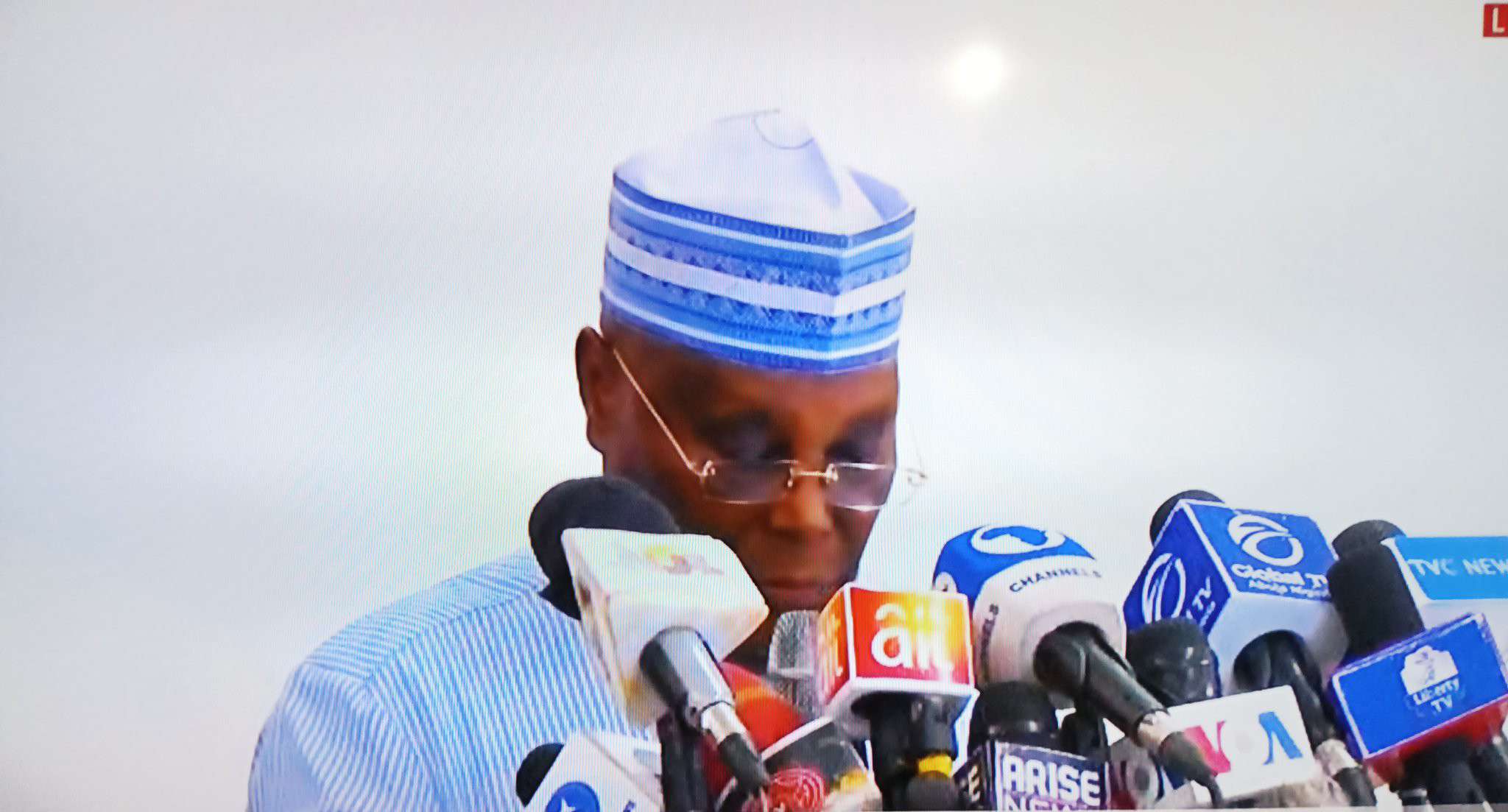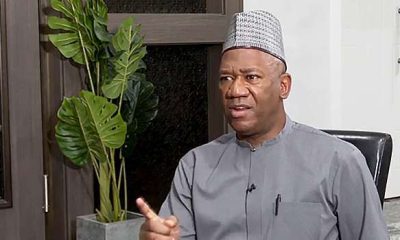Politics
Atiku resigns from PDP ahead of 2027 election

Alhaji Atiku Abubakar, the Peoples Democratic Party’s (PDP) presidential candidate in 2023, has formally resigned his membership of the party, it emerged this week.
In a letter dated Monday, 14 July 2025, addressed to the chairman of the PDP’s Jada 1 ward in Jada Local Government Area of Adamawa State, Atiku cited “irreconcilable differences” with the party’s current direction as the catalyst for his departure.
The resignation was made public on Wednesday via a post on X by Abdul Rasheeth, Atiku’s special assistant on media. In his brief but pointed missive, Atiku thanked the party for “the opportunities I have been given” during his two terms as vice-president and two bids for the presidency, but lamented that the PDP no longer adhered to “the foundational principles we stood for”.
Atiku’s departure comes amid the formation of a new coalition, the Alliance Democratic Congress (ADC), which he helped to launch in recent weeks. Sources close to Atiku say the coalition brings together disaffected members of the PDP, the Labour Party and smaller opposition groups who share his vision of a broad-based alliance capable of challenging the ruling All Progressives Congress (APC) in 2027.
In an earlier interview, Atiku described the ADC as “a vehicle for renewal” that will offer Nigerians “a credible alternative to one-party dominance”. He is expected to assume a leading role in the coalition’s steering committee, working alongside former governors, legislators and civil society figures.
PDP leadership expressed regret at the loss of one of its founding fathers. In a statement, the national publicity secretary said the party “respects Alhaji Atiku Abubakar’s decision, though we disagree with his assessment of our trajectory”. The statement added that the PDP remains “committed to renewal from within” and will “continue to work towards unity and discipline across all levels”.
Political analysts believe Atiku’s exit could undermine the PDP’s cohesion in the north-east, where he retains a strong support base. “This is not just the departure of a single individual,” said Dr Amina Suleiman of the Centre for Democratic Studies in Abuja. “It signals a realignment that may split opposition votes in crucial swing states.” Others, however, argue that the ADC may struggle to coalesce around a common agenda and could falter before next year’s campaigns gather full steam.
Atiku’s camp insists the coalition will officially register with the Independent National Electoral Commission (INEC) by September, and will unveil its manifesto before the end of the year. Until then, all eyes will be on whether the ADC can convert the momentum of Atiku’s resignation into a sustained challenge to both the APC and the PDP.













